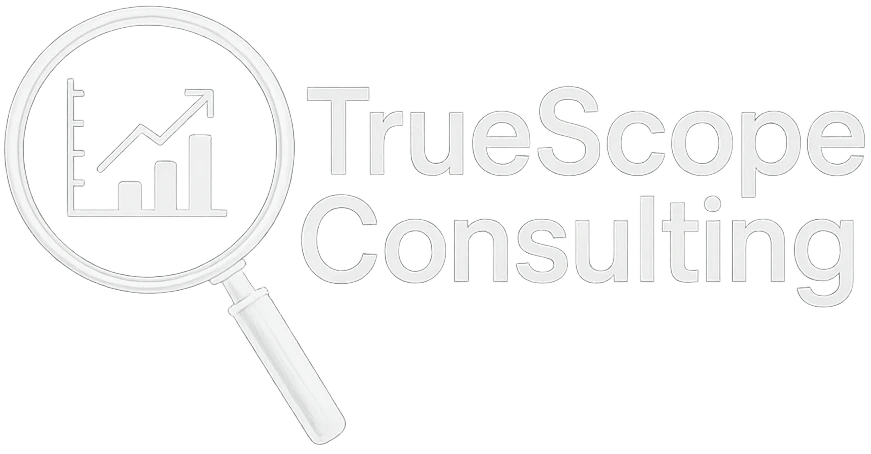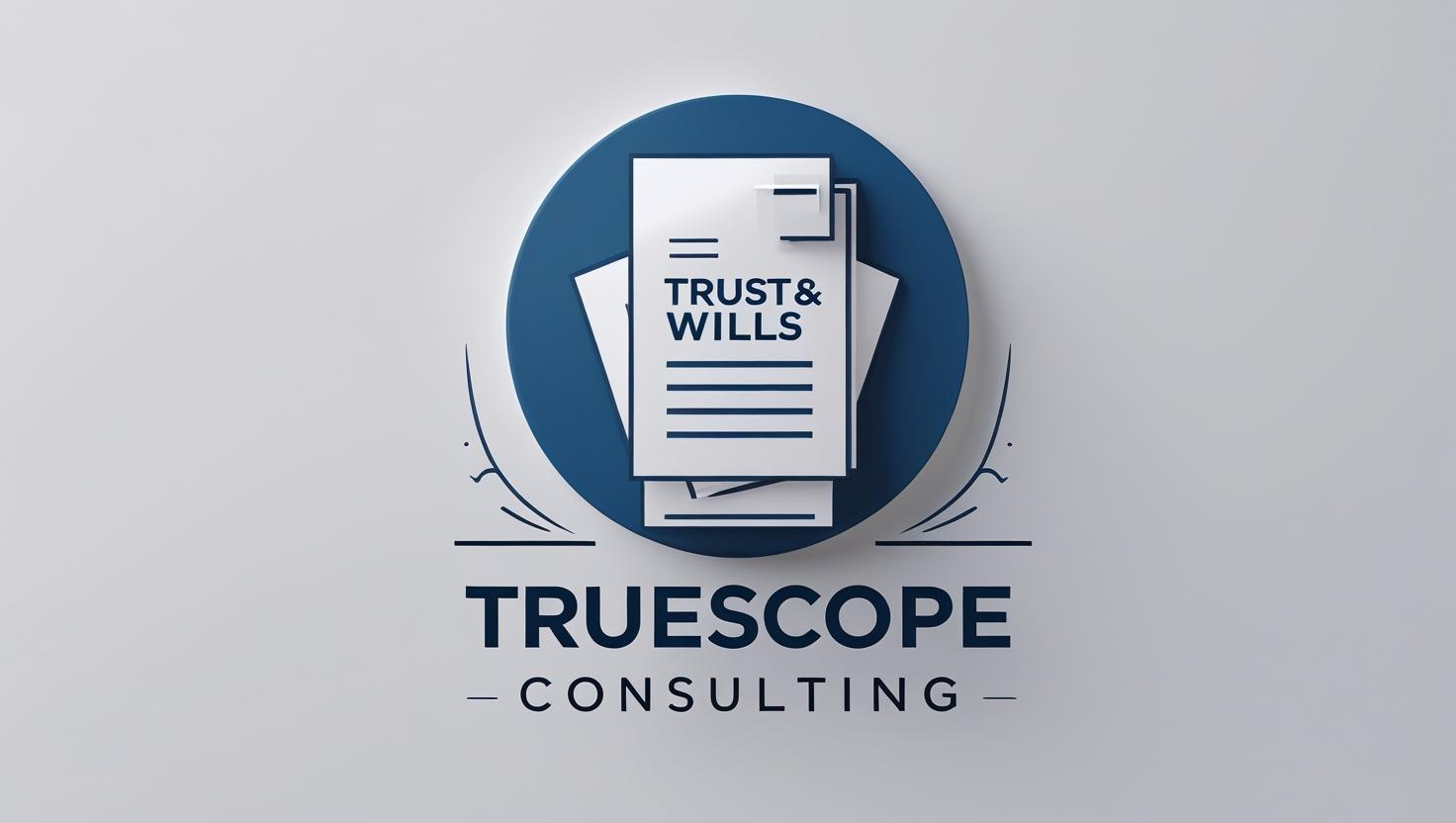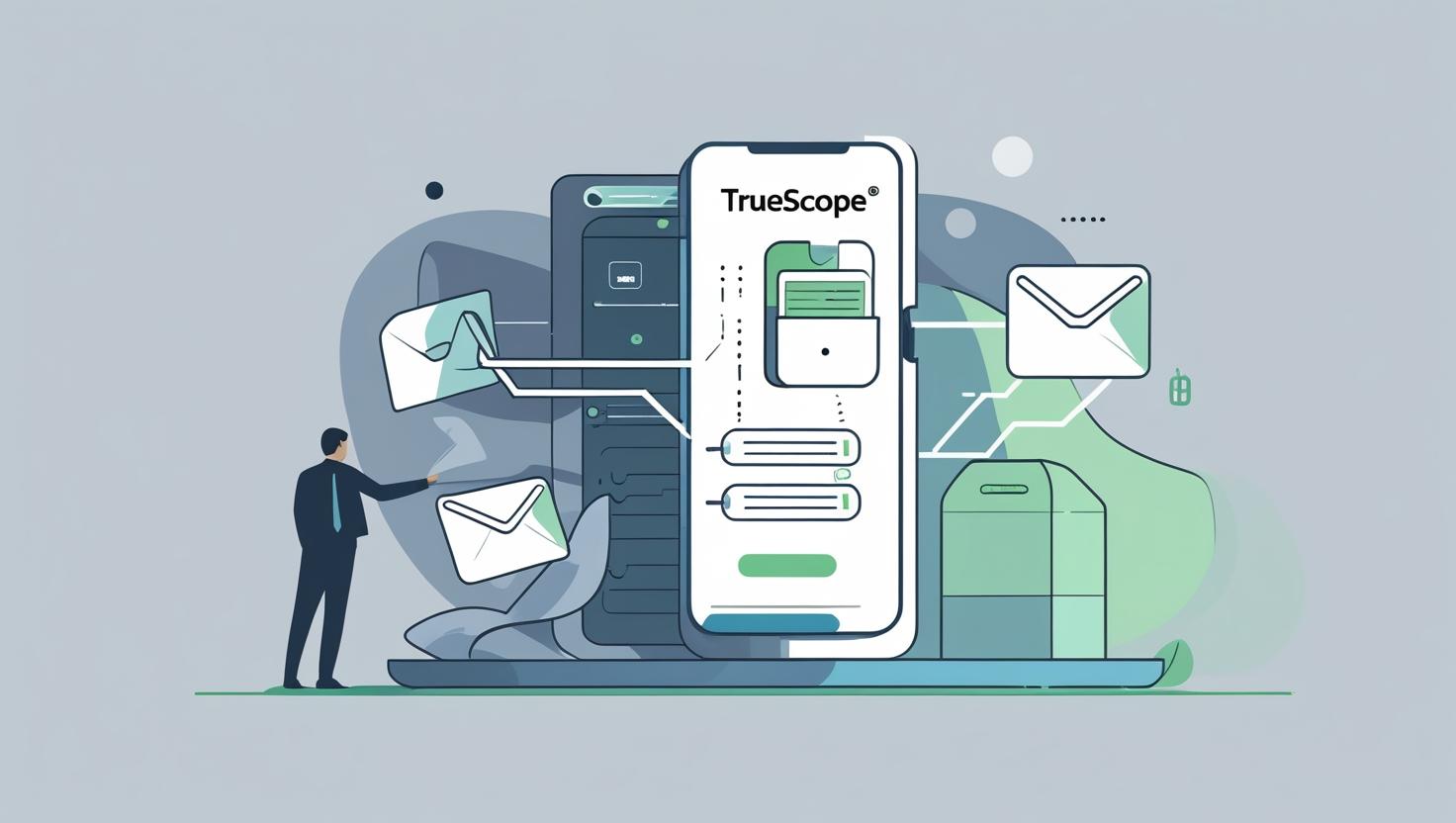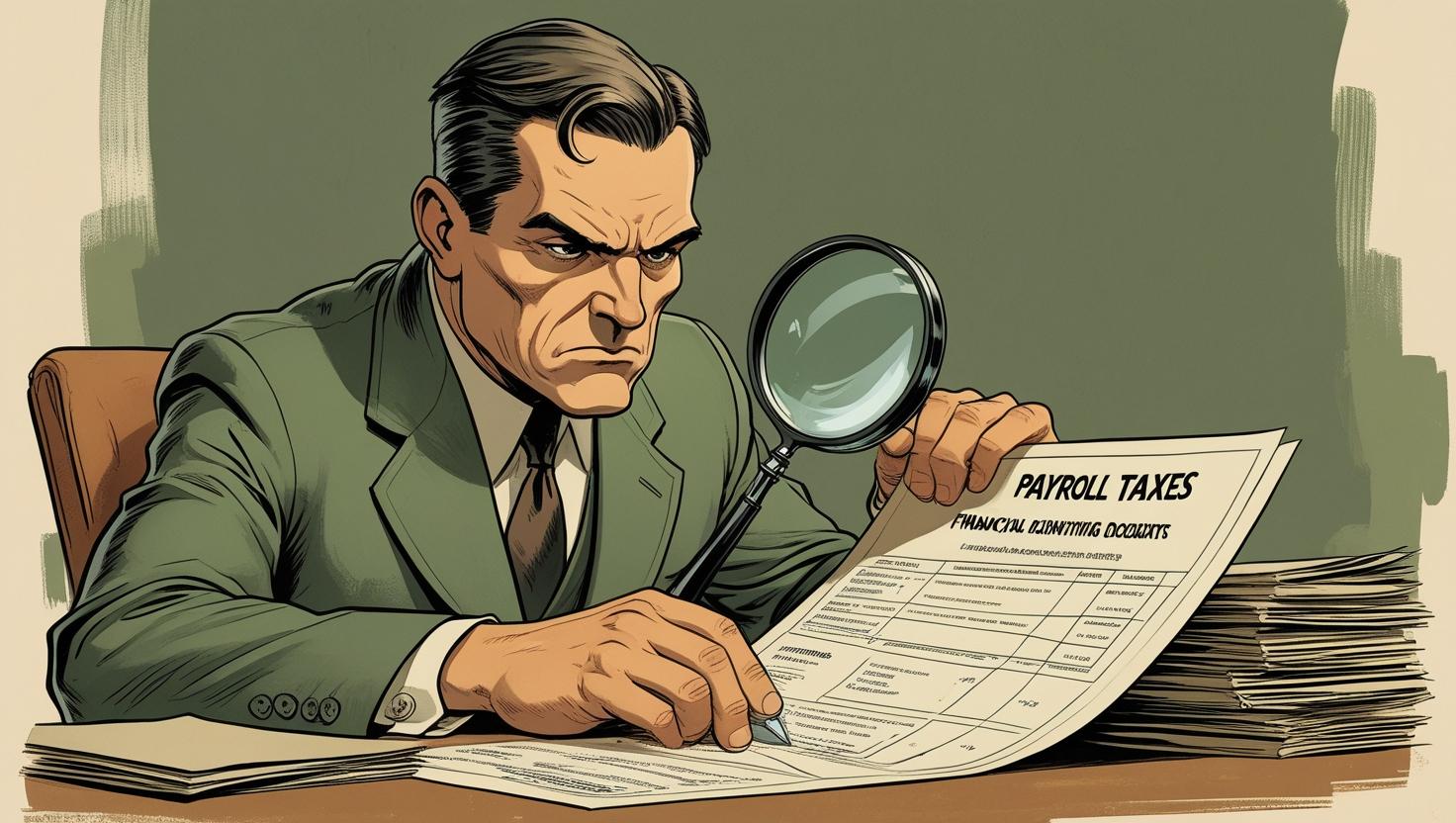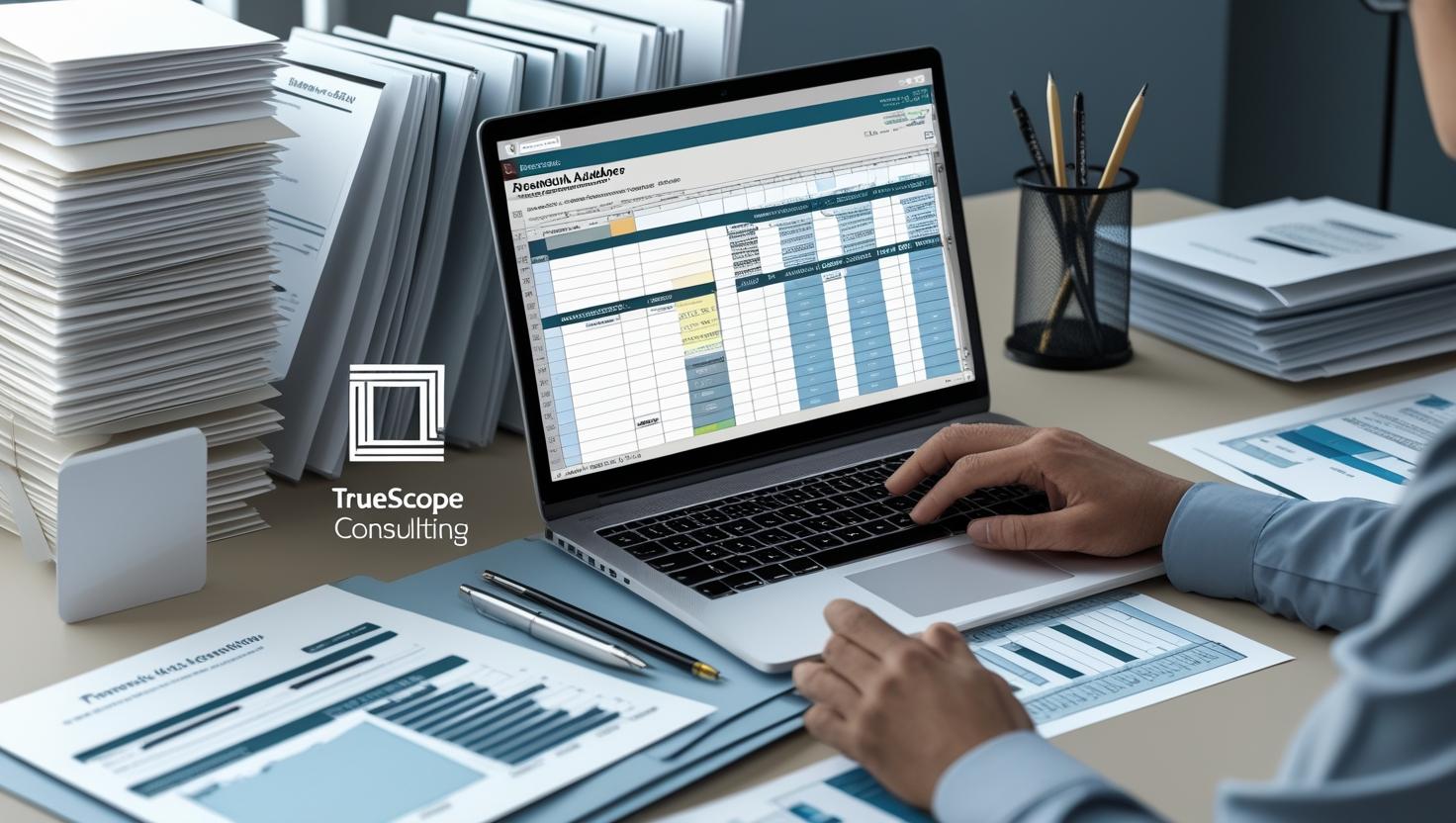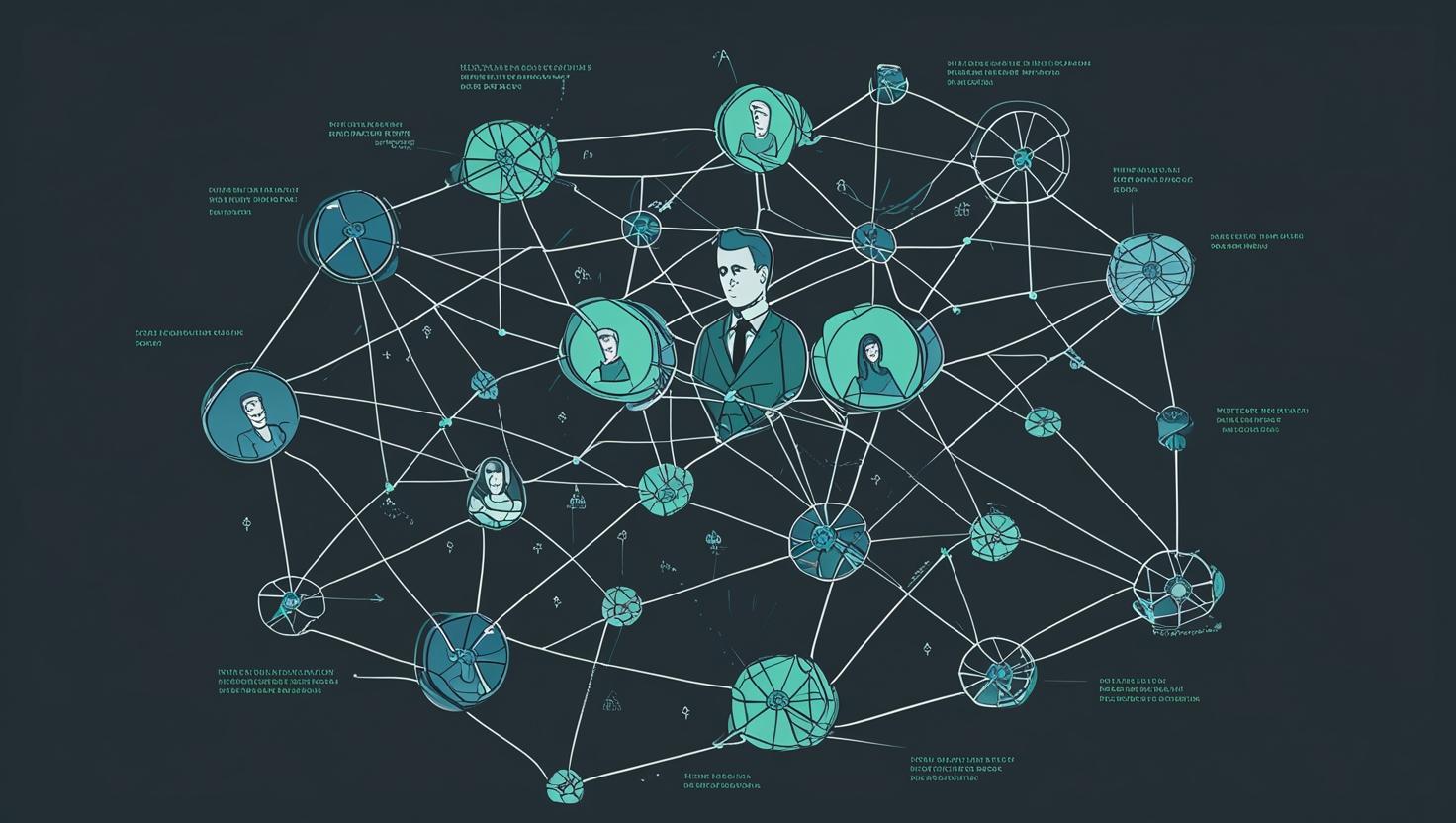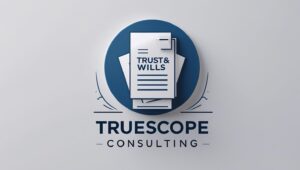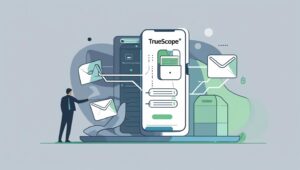When financial distress leads to a bankruptcy filing, the situation can get complicated fast. Whether you’re a debtor trying to get a fresh start, a creditor seeking to maximize recovery, or a bankruptcy trustee overseeing the process, hiring a forensic accountant for a bankruptcy case can be a game-changer. This 2025 guide explains what these experts do in bankruptcy, when to consider bringing one in, how much it might cost, and warning signs that forensic help is needed.
What Does a Forensic Accountant Do in Bankruptcy?
A forensic accountant provides detailed financial analysis during bankruptcy proceedings to uncover the full financial picture and any irregularities. Specifically, they can:
- Trace and uncover hidden assets: If a debtor has not fully disclosed assets (cash, property, cryptocurrency, etc.), a forensic accountant can investigate bank records, public filings, and other data to find those assets. This ensures a complete bankruptcy estate for fair creditor recovery or a fair debtor outcome.
- Investigate bankruptcy fraud or misrepresentation: They look for signs of fraud – for example, if a debtor transferred assets to relatives before filing, or if financial statements have been manipulated. In Chapter 7, this supports objections to discharge; in Chapter 11 or 13, it could affect the reorganization or repayment plan.
- Evaluate business viability or insolvency: In cases involving businesses (or individual Chapter 11s), forensic accountants analyze financial statements to determine exactly when the debtor became insolvent, or whether a business can feasibly reorganize. This can impact court decisions on plans or conversions.
- Support debt restructuring or litigation: They might assist in valuing claims, assessing cash flows for a reorganization plan, or examining a debtor’s budget in Chapter 13 for reasonableness.
- Verify accuracy of disclosures and schedules: A debtor’s bankruptcy schedules and Statement of Financial Affairs are supposed to list all assets, liabilities, income, and transfers. Forensic experts can audit these disclosures for completeness and accuracy, often finding omissions or errors.
At TrueScope Consulting, we specialize in bankruptcy fraud investigations across Chapter 7, 11, and 13 cases – providing clarity when the numbers don’t add up.
Is It Worth Hiring a Forensic Accountant?
In many cases, absolutely. The value a forensic accountant brings is highest in situations involving:
- Suspected asset concealment: If there are rumors or evidence that a debtor is hiding money or property, an expert’s analysis can uncover it – protecting creditors’ interests or keeping the process honest.
- Complex financial records or shell entities: When the debtor’s finances are spread across many accounts, businesses, or perhaps international boundaries, a forensic accountant’s expertise is crucial. They can unravel complicated structures (like webs of LLCs or holding companies) to reveal what’s really there.
- Creditor-debtor disputes: If a creditor believes a debtor is acting in bad faith or has concerns about specific transactions (e.g., a large loan to a friend repaid right before filing), an independent forensic review can provide evidence to support those claims in court.
- Litigation over fraudulent transfers or preferences: In adversary proceedings to claw back money (say, the bankruptcy trustee suing to recover a fraudulent transfer), a forensic accountant tracks the flow of funds and quantifies the impact.
Our forensic accounting services often uncover financial irregularities that change the course of a bankruptcy case. For creditors, this might mean discovering assets to go after, and for honest debtors, it can mean demonstrating transparency to the court.
What Does a Forensic Accountant Cost?
Cost can vary widely based on the complexity of the case and the region, but here are general guidelines:
- Hourly Rates: Forensic accountants typically charge by the hour. Rates can range roughly from $200 to $500 per hour, depending on the expert’s experience, credentials (like a CPA or CFF certification), and the market. Highly experienced forensic CPAs or those in large metropolitan areas may be at the upper end or beyond.
- Total Case Cost: A straightforward bankruptcy analysis (say, a simple case of checking bank statements for hidden cash) might only take 10-20 hours of work, so a few thousand dollars total. However, complex bankruptcy audits – for example, a multi-year, multi-entity fraud investigation – can easily exceed $10,000 or more. Some major cases can run tens of thousands in forensic fees if months of analysis and court testimony are involved.
- Fee arrangements: Sometimes forensic accountants will provide an upfront estimate and work within a budget. In bankruptcy cases, if hired by the bankruptcy estate or trustee, fees may need court approval, and the court will consider if they are reasonable and necessary.
At TrueScope Consulting, we offer upfront estimates and try to tailor our engagement to the scope needed. For example, we might do an initial assessment in a small case and report if we think further work is justified by what we find.
How Far Back Can a Forensic Accountant Investigate?
Typically, a bankruptcy forensic audit will cover several years prior to the filing, since that’s where relevant transactions (potential fraud or preferences) would occur. Commonly, we look at 3 to 5 years of financial records before the bankruptcy filing. However, this can extend further based on circumstances:
- Legal mandates: Certain avoidance actions look at specific periods (for instance, preferential transfers usually cover 90 days pre-bankruptcy for general creditors, one year for insiders; fraudulent transfers can reach back 2 years under federal law, or longer under state laws via the bankruptcy trustee). So, if we’re investigating fraudulent transfers, we might align with those timeframes or further if state law allows (some state fraudulent transfer lookback periods are 4 years or more).
- Severity of suspected fraud: If there is indication of a long-running scheme, the investigation might go back many years. For example, if a debtor is suspected of siphoning funds to an offshore account for a decade, an in-depth review could go well beyond 5 years.
- Availability of documentation: Practical limits often come down to what records we can obtain. Banks typically can provide statements going back 5–7 years. Beyond that, records may be harder to get. But if the issue demands it and records exist (maybe in old files, or obtained via discovery), we’ll analyze as far back as needed.
We excel at reconstructing financial data even when records are missing or incomplete. Using alternative sources (tax returns, credit reports, etc.), we piece together the financial puzzle to ensure no major period is unexamined if it could hide something important.
Can a Forensic Accountant Find Hidden Assets?
Yes. Uncovering hidden assets is a core part of what forensic accountants do, especially in bankruptcy. We use a variety of tools and techniques, such as:
- Bank account and transaction tracing: By reviewing bank statements line by line, we often spot transfers to accounts that were previously unknown. For instance, a debtor might “launder” money by moving it through a friend’s account – but the initial transfer out and later return or usage of those funds can be detected.
- Lifestyle audits: We compare claimed income to expenditures. If someone who claims $50k/year income is paying a $5k monthly mortgage and driving a new luxury car, there’s likely undisclosed income or assets. This analysis can prompt deeper digging into where that money is coming from.
- Public records and asset searches: We check property records, business registrations, vehicle ownership databases, etc. It’s not uncommon to find property or a boat in the debtor’s name that wasn’t listed on schedules. We also look at UCC filings, liens, or lawsuits that might indicate ownership of assets.
- Digital forensics: In today’s age, hidden assets might be in the form of cryptocurrency or online accounts. We search for evidence of crypto exchange accounts, wallets, or even things like significant purchases of assets like NFTs. If needed, we bring in blockchain tracing to find if there are undisclosed digital assets.
These techniques have proven effective at revealing undisclosed income, offshore holdings, shell company accounts, or other hidden property. The ultimate goal is to ensure that the bankruptcy process deals with a full deck of cards – all assets on the table.
When to Hire a Forensic Accountant in Bankruptcy
Consider hiring a forensic accountant if you encounter these red flags or scenarios in a bankruptcy case:
- Fraud or concealment is suspected: If financial misrepresentation is even a possibility – for example, creditors whisper that the debtor moved cash overseas, or the debtor’s lifestyle doesn’t match their reported finances – bringing in an expert early can either confirm or dispel those suspicions with evidence.
- Inconsistent disclosures: If the schedules and statements filed by the debtor have obvious inconsistencies or errors (like income that doesn’t match tax returns, or debts that suddenly appeared), a forensic accountant can investigate the reasons behind those.
- Complex web of entities or transactions: If the debtor’s financial affairs involve multiple businesses, lots of related-party transactions, or complicated investments, a forensic accountant’s analysis can be critical to understanding it all. They can identify if money flowed improperly between those entities.
- Pending litigation or claims of fraud: Perhaps a creditor has already filed an adversary proceeding for fraud, or the trustee is considering an objection to discharge. These are clear signals that a forensic specialist is needed to provide the underlying financial proof.
Engaging a forensic accountant at any stage – whether during the initial information gathering or later when things don’t add up – can save time and strengthen the case. We support clients at every stage, from pre-filing consultations (for debtors wanting to ensure they’re properly disclosing) to post-filing investigations (for trustees/creditors digging into concerns) and through to expert testimony.
Do Forensic Accountants Testify in Court?
Yes, if the case requires it, forensic accountants frequently provide expert witness testimony in bankruptcy court or related litigation. Our experts at TrueScope Consulting have experience testifying on matters such as:
- Fraudulent conveyance and asset misrepresentation: We might testify about a debtor’s intent inferred from financial patterns (e.g., “In my expert opinion, the timing and pattern of these transfers indicate they were made to conceal assets from creditors”).
- Preference actions and insolvency analysis: We can speak to whether a debtor was insolvent at a certain date (an element in some avoidance actions) or analyze financial conditions relevant to the case.
- General bankruptcy accounting issues: For example, explaining the significance of missing records or the impact of certain transactions on creditors.
An expert’s testimony can clarify complex financial issues for the judge. We always prepare to present our findings in a clear, non-technical manner, whether in a written report or on the witness stand, to ensure the facts are understood.
What Can Prevent Someone from Filing Bankruptcy (Red Flags)?
While anyone can technically file, certain factors can disqualify a debtor from getting a discharge or even lead to dismissal of the case. A forensic accountant often helps uncover these factors:
- Recent past bankruptcies: If someone already received a bankruptcy discharge within the legally specified waiting period (for example, a Chapter 7 discharge within the last 8 years), they can’t get another discharge so soon. We sometimes verify past filings and outcomes.
- Failure to complete required counseling: Debtors must complete credit counseling before filing (and financial management after filing for discharge). If they didn’t, the case can be dismissed.
- Intentional fraud or asset concealment: A debtor proven to have engaged in fraudulent behavior (like hiding assets or lying on forms) can be denied discharge entirely under §727 as discussed. Our investigations often are key in demonstrating this kind of misconduct.
- Income too high for Chapter 7 (Means Test): If a debtor’s income exceeds certain limits, they may be ineligible for Chapter 7 and might have to convert to Chapter 13. We can analyze income and expenses to see if the means test was passed correctly or if there’s an abuse presumption.
If any of these issues arise, a forensic accountant’s findings can support the appropriate motions (such as a motion to dismiss for abuse, or an objection to discharge due to fraud).
Why Choose TrueScope Consulting?
At TrueScope Consulting, we deliver clarity in complex bankruptcy cases. Our core services for bankruptcy engagements include:
- In-depth forensic financial analysis: We leave no stone unturned in reviewing the debtor’s financial situation, providing a factual roadmap of what’s true and what’s not.
- Asset tracing and fraud detection: From bank accounts to Bitcoin, we trace assets diligently. If something was moved or hidden, we aim to find it.
- Expert witness support: When it comes time to present the case, we stand by our work with clear reports and testimony.
- Chapter 7 and Chapter 11 audits: We are experienced in both liquidation and reorganization contexts, understanding the nuances of each.
Our goal is to arm you with the information needed to make the right decisions in a bankruptcy case – be it pursuing litigation, negotiating a better settlement, or ensuring compliance.
Need Help with a Bankruptcy Investigation?
If you’re dealing with a complex bankruptcy case or suspect that not everything is as it seems (hidden assets, possible fraud, unexplained transactions), consider bringing in a forensic accounting expert. The cost is often far outweighed by the potential benefit – discovering an extra $100,000 in assets or preventing a fraudulent discharge, for example.
Contact TrueScope Consulting for a confidential consultation with our bankruptcy forensic specialists. We’re here to provide clear answers and robust support, so that the bankruptcy process remains fair and transparent for all parties involved.
(Disclaimer: This article is for informational purposes only and does not constitute legal or financial advice. Consult a qualified attorney for legal guidance regarding bankruptcy issues.)
